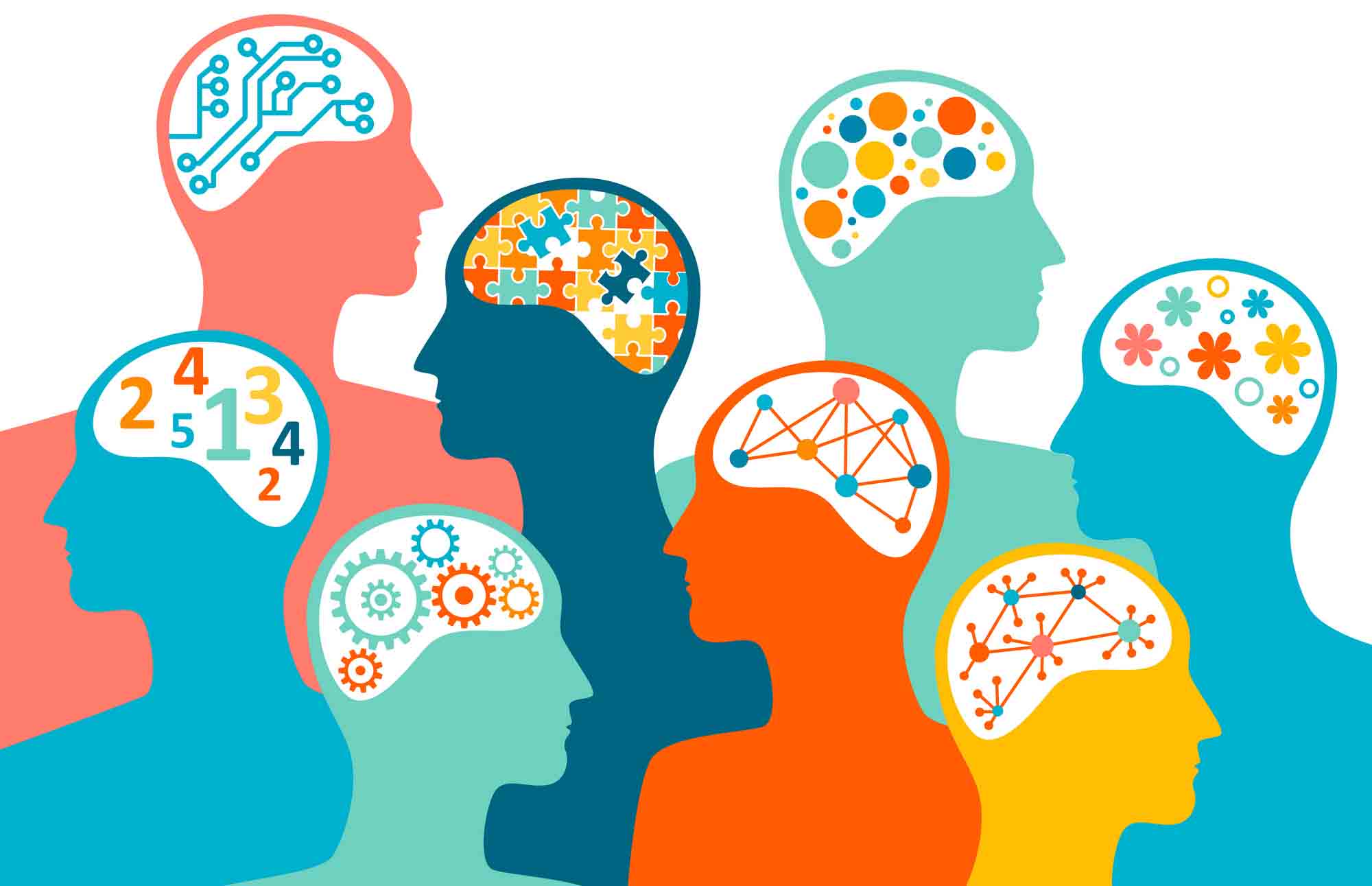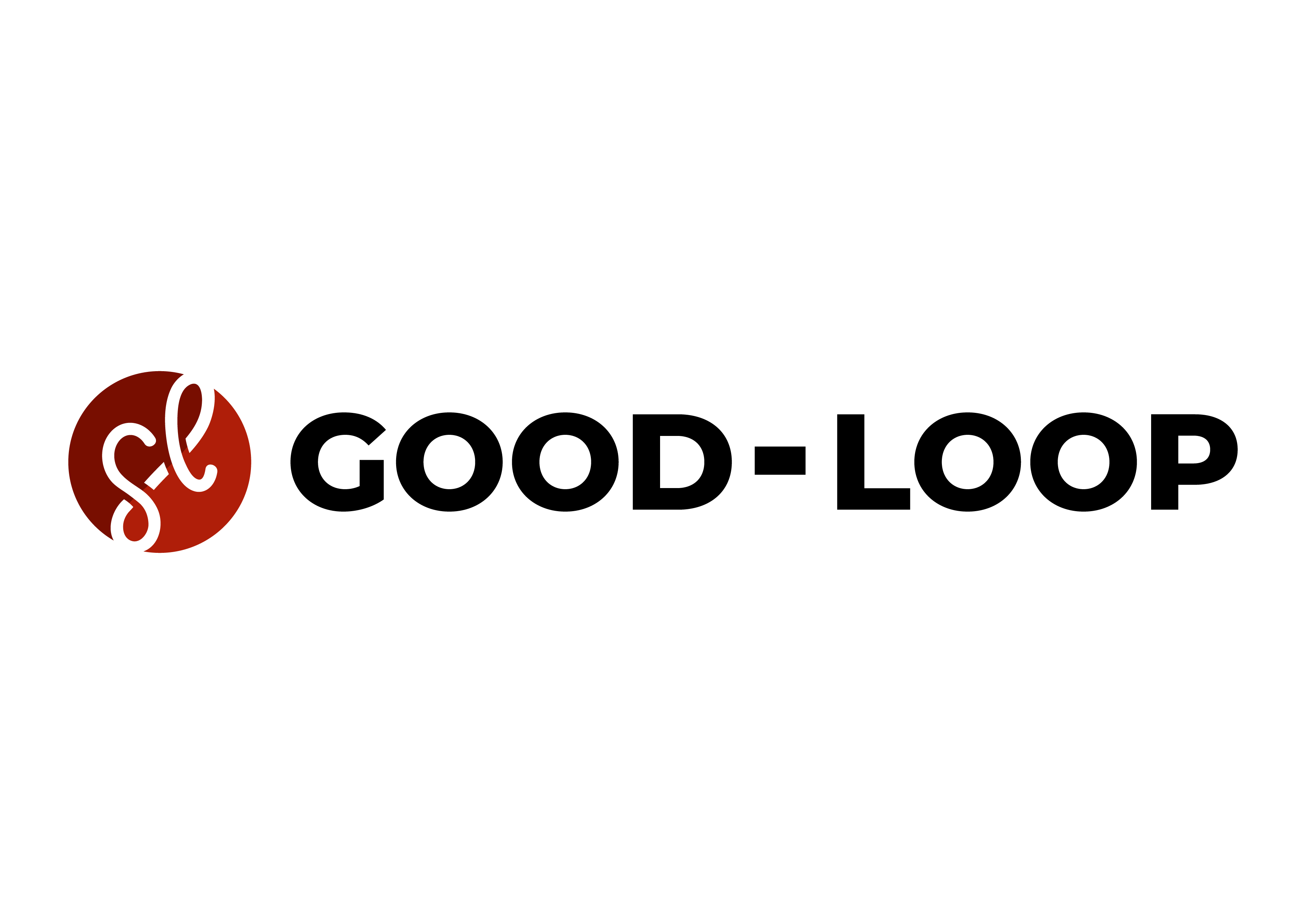It's my first Neurodiversity Celebration Week since being diagnosed with ADHD! To celebrate, I wanted to share my experience to help others understand what it's like and how they can support the people in their lives in a way that celebrates neurodiversity.
Good-Loop has a simple mission: to create a new, more positive role for advertising in society.
How did it all begin?
Until very recently, I could never understand how people stayed in the same role for years on end and still feel happy and fulfilled. My own career so far has been varied - while all the roles have been centred around tech, I've worn a lot of hats: recruiter, data analyst, implementation manager, technical support, project manager. Nothing seemed quite right for me. I'd start a job, absolutely love it, and then find myself becoming restless. I found that I thrived in high speed environments with lots of problem-solving and thinking on the fly, but as soon as a project slowed down I seemed to find it incredibly difficult to focus.
And then I got diagnosed with combined-type (both inattentive and hyperactive) ADHD and suddenly it all clicked.
Now, my varied career makes sense in my head. It's not something I'm ashamed of any more, as it's all been a journey to learn about how I work. I know that I need a role that's dynamic, with lots of different tasks and projects to work on. I know that I need in-person collaboration time for big-picture meetings, but I also need space to myself for focus and careful work. Most of all though, I need to find value in the work I'm doing.
It's not a personality fault, or being lazy or careless. My brain just works a bit differently, and that's okay.

My role at Good-Loop ticks all these boxes
The mission to turn advertising into a force for good aligns closely with my values, the Edinburgh team are in the office twice a week for crucial face-to-face time, and my role is so varied that no two days are the same. The team has an incredible culture of recognition with weekly high-fives and shoutouts, which help me feel connected to the value I bring.
I've found that a lot of the "bugs" in my brain can actually be "features" when it comes to work. While I might jump between tasks regularly, it meant that I developed a deep understanding of Good-Loop's strategy and operations quickly and became a go-to person when complications arise. I've been able to use the varied skills from past jobs to provide a unique perspective on key projects. I find it impossible to settle for "that's just how it is", so I constantly create improvements and adjustments to help the team. Finally, I'm able to appreciate my own differences and understand how they can be useful.
Not all companies are as neurodivergent-friendly as Good-Loop is, but that doesn't mean they can't be.
How to cultivate a culture of inclusivity
It's so important that employees feel safe talking about their work preferences in a way that is comfortable for them. No one should need to share their diagnosis to request adjustments to their role - everyone works in different ways and deserves a say in how their work is completed.
Sometimes though, the burden on an individual to consider what these adjustments might be is too high. Even thinking about the phrase "reasonable adjustments" breaks me out in a cold sweat - it's hard to decipher what's "reasonable", how the request will be received, and what might happen if it's declined.
As an employer, providing a list of potential adjustments to all your employees (whether they've shared a neurodivergent diagnosis or not) can help to reduce this burden. Be sure to articulate that it's not comprehensive and other options are available and if possible, these adjustments should be available on a "no questions asked" basis. We all know asking for help can be hard, but by taking away the stress of explaining, you can make your support more accessible.
Beyond individual adjustments, there are some whole-company activities that can really help to boost a culture of neurodiverse inclusivity including:
- Hosting specific neurodiversity awareness training to help educate and challenge the misconceptions around neurodiversity and neurodivergence
- Providing opportunities and a safe space for neurodivergent employees to share their experiences with the organisation if they wish to
- Enhancing company policies to allow for flexibility of location and working hours where possible
- Reviewing hiring practices - talent acquisition processes can unintentionally exclude neurodivergent talent and create disproportionately high barriers to entry
Over the last year, my life has completely changed.
It's been incredibly freeing to recognise that I'm not alone and that other people face similar challenges on a daily basis. I've spent the year listening, learning, and being amazed by the incredible neurodivergent community and the changes we're building together.
The truth is, neurodiversity should be celebrated. It's exciting to recognise the growing momentum towards inclusivity - in the workplace, in education, and in the world at large. Neurodivergence doesn't mean that you're broken, or less-than anymore.
Finally, it's becoming okay to just be a little different.

